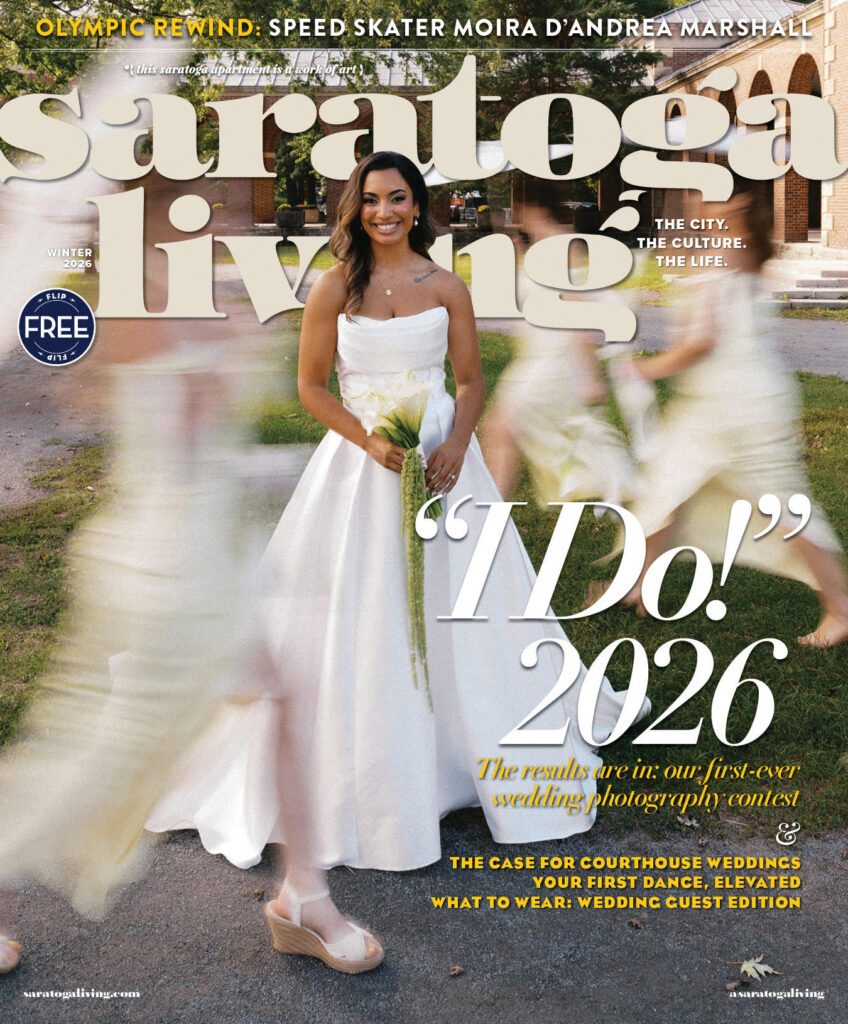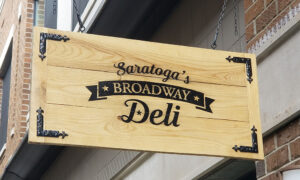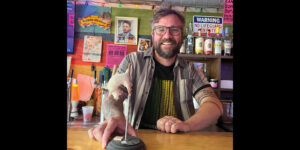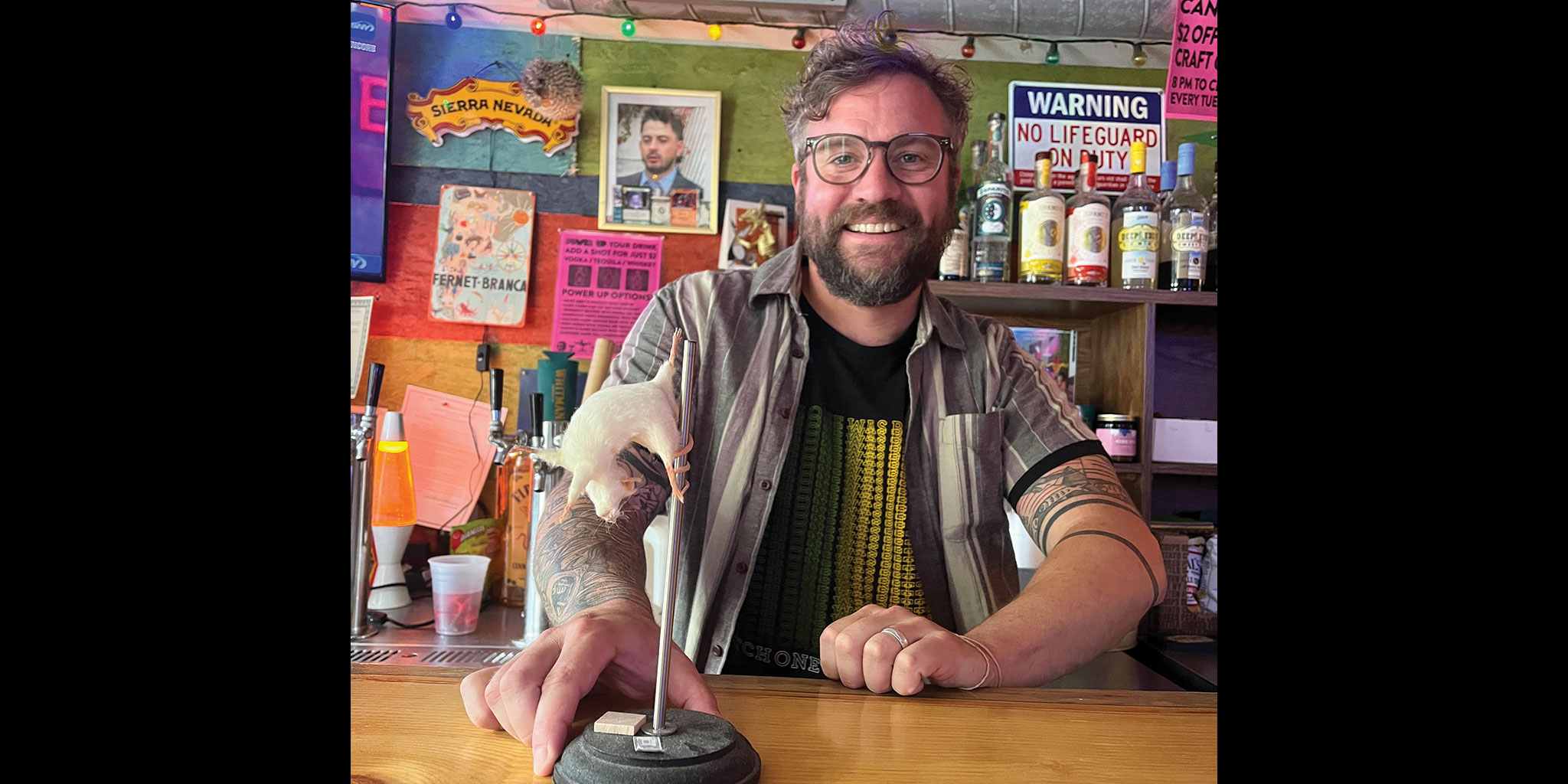The first time I read poet Brenda Shaughnessy’s work was during a long layover in San Antonio, TX. An old friend—and excellent poet—had lent me her poetry collection, So Much Synth, and with a couple of hours freshly added to my unplanned stay, I opened it to a random page. “I have a time machine,” the poem began. “But unfortunately it can only travel into the future / at a rate of one second per second.” I laughed out loud; it was as if the poem were reading my mind.
Of course, Shaughnessy’s poem is about a lot more than just waiting. The closing lines—“Strange not to be able to pick up the pace as I’d like; / the past is so horribly fast”—tell us that the time machine is actually the act of aging or even death itself. A preternatural writer, she is known for melding humor with personal tragedy, acerbic rage with acceptance, and pathos with dignity. Shaughnessy earned her BA from the University of California, Santa Cruz, and an MFA from Columbia. (She currently teaches at Rutgers.) She’s a winner of the James Laughlin Award; and her work has been featured in publications such as The New Yorker, McSweeney’s and The Paris Review. When I heard she was coming to Skidmore College to give a reading, I jumped at the opportunity to interview her. Much to my pleasure, we were able to sit down at the historic Surrey Inn right outside of the college.
Thank you for taking the time to sit down with me. Is this your first time in Saratoga?
I visited Skidmore years ago, but I’ve spent some time in Saratoga Springs because I’ve been to Yaddo several times. I’ve written a lot in these environs, but not on campus. And also, I haven’t spent much time exploring the town because I was always holed up in a room—in a beautiful room. But I wrote poems that really were breakthroughs for me at Yaddo. So I’ve always had this gratitude for that space.
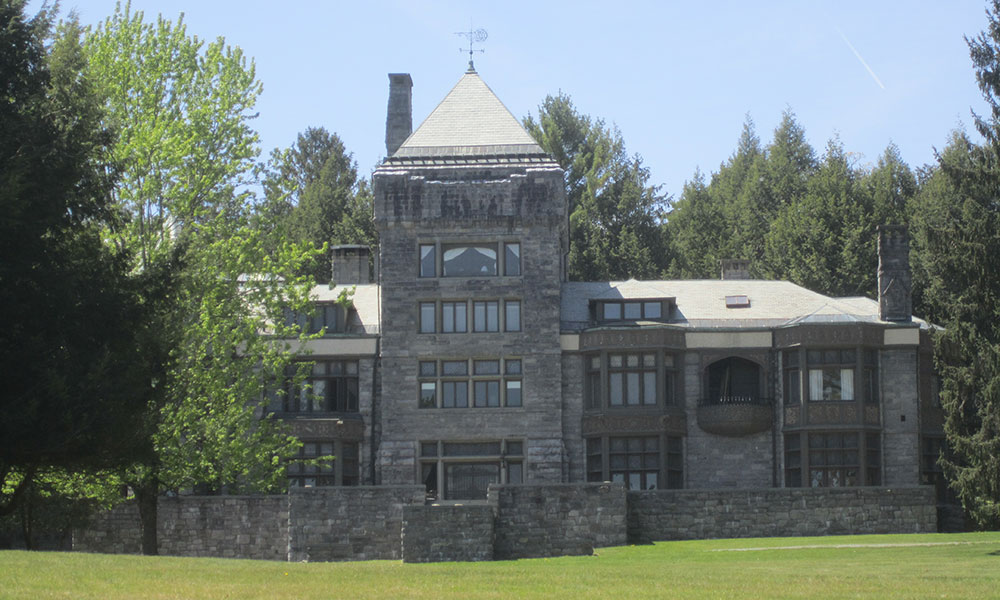
You said some of these poems written at Yaddo were ‘breakthroughs.’ Which ones and why?
Well, they were a breakthrough for me. I wrote a long poem about my son’s birth there at Yaddo. It’s in the book Our Andromeda; it’s the title poem and it’s the poem that sort of clinched that book. And it’s completely raw. It’s just completely untempered pain and anger that I let myself write, let myself have, and I didn’t think for a second that anyone was going to read it. Otherwise, I wouldn’t have let myself say any of that crazy stuff.
It was something about being at Yaddo. I was in Katrina Trask’s room, who of course was a mother who lost all of her children, and I was a new mother whose kid was really, really compromised, and really in danger. And I hadn’t come to terms with it at all. I didn’t know what it meant. And something about that space gave me permission to say what I had to say. I had tried to find poetry and fiction, any kind of literature, really, that addressed some of this pain, some of this issue—and I found nothing. So I was basically writing to the me who was trying to find this work.
How much impact does an environment like Yaddo’s have on your writing?
Environment is something that I have to fight really hard to get. Whether that’s a couple of weeks at Yaddo, or just at my own home with the door closed. Because I have these two kids, and I work full time, and there’s just a lot on my plate. So anything I can sort of wrest away from those time-suckers is very precious.
I normally don’t get a chance to write much during the school year, while I’m teaching, because it’s just too intense. And, so yeah, the minute I’m under a canopy of green leaves and have time to myself, I absolutely write. That said, environment’s important to me, but I could never really quite separate myself from the demands of everyday life, even mentally. So I do rely on places like Yaddo and the occasional time away to actually get some deep thinking and writing done. But that’s not something I get to do very often. And a lot happens during those times. It’s a transformation, actually.
Can you talk about that transformation a bit more. Is it like a buildup over the time you can’t write?
Yeah, like clogged pipes, kind of? [laughs] I think if anyone could figure out exactly how creative flow happens—what allows it to happen, what causes it to stop—I think those processes are much deeper; complicated; and probably, simple to understand. I know that I can’t call it up at will. I know that I can’t say, “Okay, the kids are in school, everyone’s gone, you have six hours, go, write.” That doesn’t happen. And I don’t know what mechanism it is in me that’s stopping it.
I do know that when I get a chance to go someplace—to really focus and write—it takes me days just to get there, and the entire time I’m pounding my head against the desk going, “You worked so hard to get this time away—why is nothing happening?” You just can’t will it, I don’t know why. On the fourth or fifth day, if I get that much time, something will happen. It might be big, it might be little. And I don’t care. It doesn’t matter whether it’s a big or a little thing. It’s a creative portal opening, and that is always a gift.
And I try not to ever think in terms of projects. Like right now I have a commission to write the libretto for an opera. And that is a big project, but in order to write anything at all, I have to start with the smallest little thing. I can’t be like, “I’m now writing the opera. I’m writing the libretto now.” It has to be just this tiny little word, next to another tiny little word that maybe strings together a cohesive idea or a surprising juxtaposition. And it has to be strung together like beads, like tiny little beads. I can’t make the whole tapestry at once. So a little opening of the portal’s just fine.







